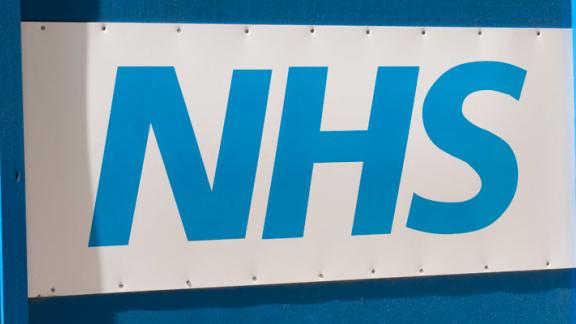NHS Standard Contract consultation: A briefing for acute and community providers

The NHS Standard Contract explained.
What is the NHS Standard Contract?
The NHS Standard Contract is mandated by NHS England for use by commissioners (including NHS England and CCGs) for all contracts for healthcare services other than primary care. The standard contract comes in two versions, a full-length and a shorter version. The current contract can be found on the NHS England and NHS Improvement website.
Why is the consultation taking place?
The consultation is being carried out to ensure that the contract is up-to-date covering key legislative, policy and technical changes. The consultation covers the 2020/2021 financial year. Further details on the consultation can be found online.
How can providers of NHS services have a say?
NHS England and NHS Improvement is consulting on the draft Standard Contract for 2020/21 until the end of this week (31 January 2020). The full copy of the Contract, as well as technical guidance on the Contract, can be found online.
Comments and feedback can be submitted through NHS England and NHS Improvement's Consultation Hub. It should be noted that these comments can be as detailed or as brief as you wish, relating to the Contract as a whole or individual elements of it.
What are some of the key policy changes relevant to acute and community providers?
- Providers of maternity services to ensure that 51 per cent of women receive continuity in care by March 2021.
- Providers should screen inpatients for alcohol and tobacco use and offer appropriate follow-up interventions.
- NHS and foundation trusts to try to ensure that their premises are smoke-free.
- Providers of elective ophthalmology services to ensure that they respond appropriately to recommendations from the Healthcare Safety Investigation Branch report in relation to timely monitoring for patients with glaucoma.
- Providers should put into place a green plan to indicate how they propose to reduce air pollution, cut carbon emissions, mitigating risks associated with climate change, reduce the use of single-use plastic, reduce waste and water usage, and how to make returning walking aids easier.
- Providers of acute, mental health and cancer services should consider national guidance on over-the-counter medicines and items that should not be routinely prescribed.
- Providers may decide to withhold treatment where a patient displays behaviour is considered discrimination or harassment as part of the Equality Act.
There are also other amendments to the contract relating to food standards, infection control, evidence-based interventions as well as workforce issues like and technology.
Patient safety
- All providers should assign an existing staff member as their Patient Safety Specialist.
- Providers of acute services should establish a Medical Examiner’s Office, which is in accordance to guidance published by the National Medical Examiner.
- References to the Safety Thermometer requirements has been removed from the contract and instead introduced a higher-level obligation on acute providers to assure and monitor standards of care specifically in the clinical areas of venous thromboembolism, catheter-acquired urinary tract infections, falls and pressure ulcers.
- All providers should ensure that they can receive and respond appropriately to National Patient Safety Alerts.
Integrated care
- The consultation should be used for providers to indicate whether they support primary care networks (PCNs) to deliver Anticipatory Care and Enhanced Health in Care Homes. Note that this is linked to the consultation on Primary Care Networks Service Specifications which closed on 15 January 2020/21.
- In addition, where there are providers who are within an ICS/STP, they must contribute towards the implementation of local system-level plans.



